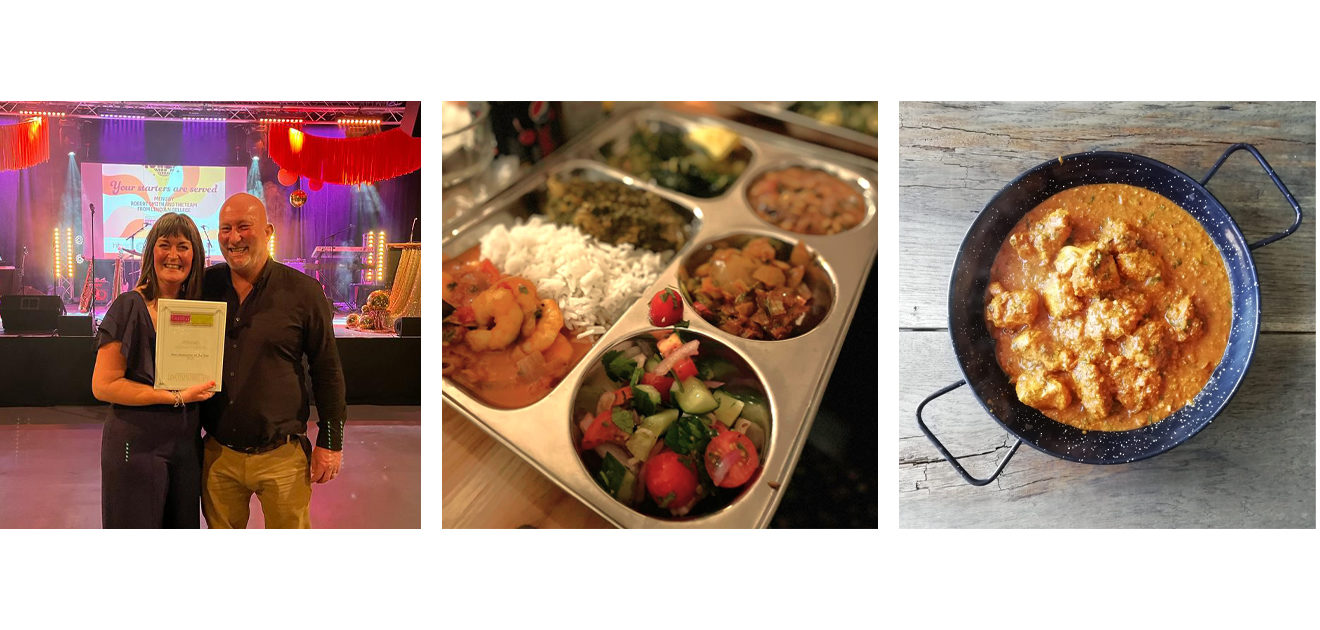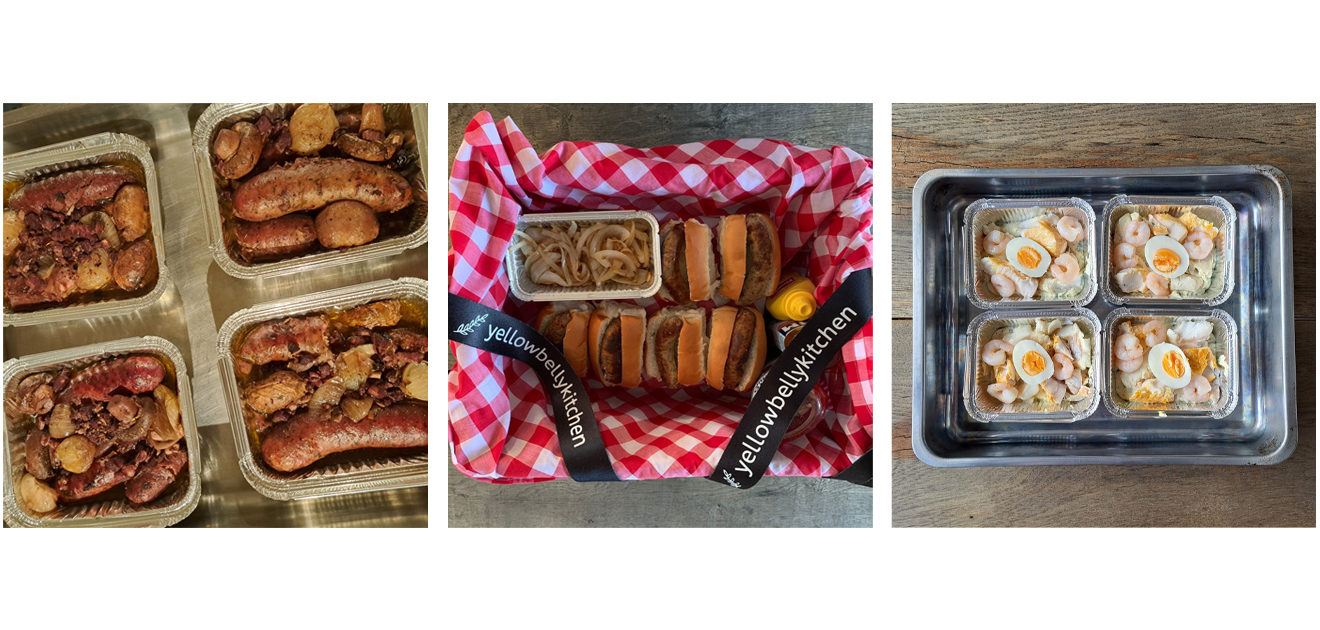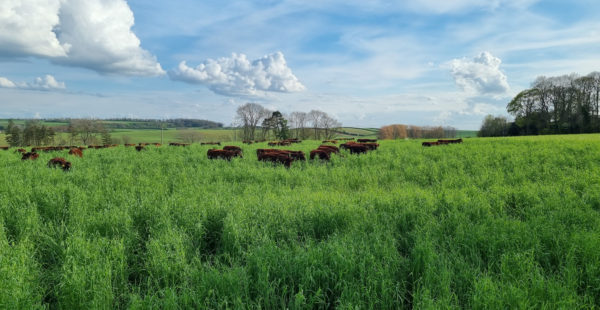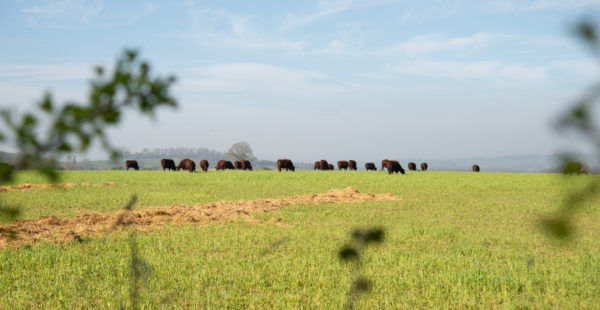From the World to the Wolds: a Small Kitchen with a Big Vision
Our lovely corner of the Lincolnshire Wolds has a rich history and a bright future. Among the talented entrepreneurs working hard to put our region on the map are Steve and Brec Whittemore of yellowbellykitchen. Based in the ancient hamlet of Fulletby, this exciting new business uses fresh, local ingredients to cook high quality, hand-prepared meals to order using traditional, authentic and decidedly moreish recipes.
yellowbellykitchen won ‘Best Newcomer of the Year’ at Lincolnshire Life Magazine’s Taste of Excellence Awards 2023, and was a finalist in the ‘Best Food to Your Door’ category. Fresh from this success, we caught up with Steve to talk about bringing the world to the Wolds.
“My journey starts with travel,” said Steve. “When I finished my education in the early 1990s, a friend and I travelled around Asia quite extensively and my eyes were opened to the cuisine. We didn’t know what we were letting ourselves in for. We just bought one-way tickets to what was Bombay then on to Hong Kong via Kathmandu. I loved tasting all the food but it wasn’t from an angle of wanting to do something with it. It was just great to be outside the UK and Europe eating strange and wonderful food.
“I travelled through India eating the best food I’d ever tasted. There’s always a clear rule of thumb: if a place is busy with the locals, it’ll be good. We’d often go and have a Thali meal and every district had its own variation. You could taste different dishes and they’d just keep coming. Sometimes you’d be eating off a banana leaf with your fingers; sometimes there’d be a distinctive stainless-steel tray. In the back, they’d have a clay oven and bake their own naan breads. You’d pay the guy on the door on your way out and it could be as little as 10p.
“An Indian Thali gives you a range of dishes which together make a balanced meal. You get carbohydrates, protein, dairy, fruit, vegetables, fats and sugars, together with the six distinct tastes: sweet, salt, bitter, sour, spicy and astringent.
“I could cook back then. I left home at 17 so had to be independent and in any case I’d always loved food. We spent six months in India and a couple of months in Nepal, then I worked for six months as a chef in Hong Kong. Back then, you could just turn up and have a go.
“We would jump off the tourist trail on purpose. We partied with westerners now and again but were equally likely to get involved with local fishermen and learned a lot more that way. At that age, I didn’t mind roughing it either, sleeping in hostels or sometimes outdoors. The whole trip was an eye-opener. Afterwards, I got involved with a part of the construction industry that operated globally. I got to combine work with travel, and it took me to Russia, the Middle East and all over Africa.







